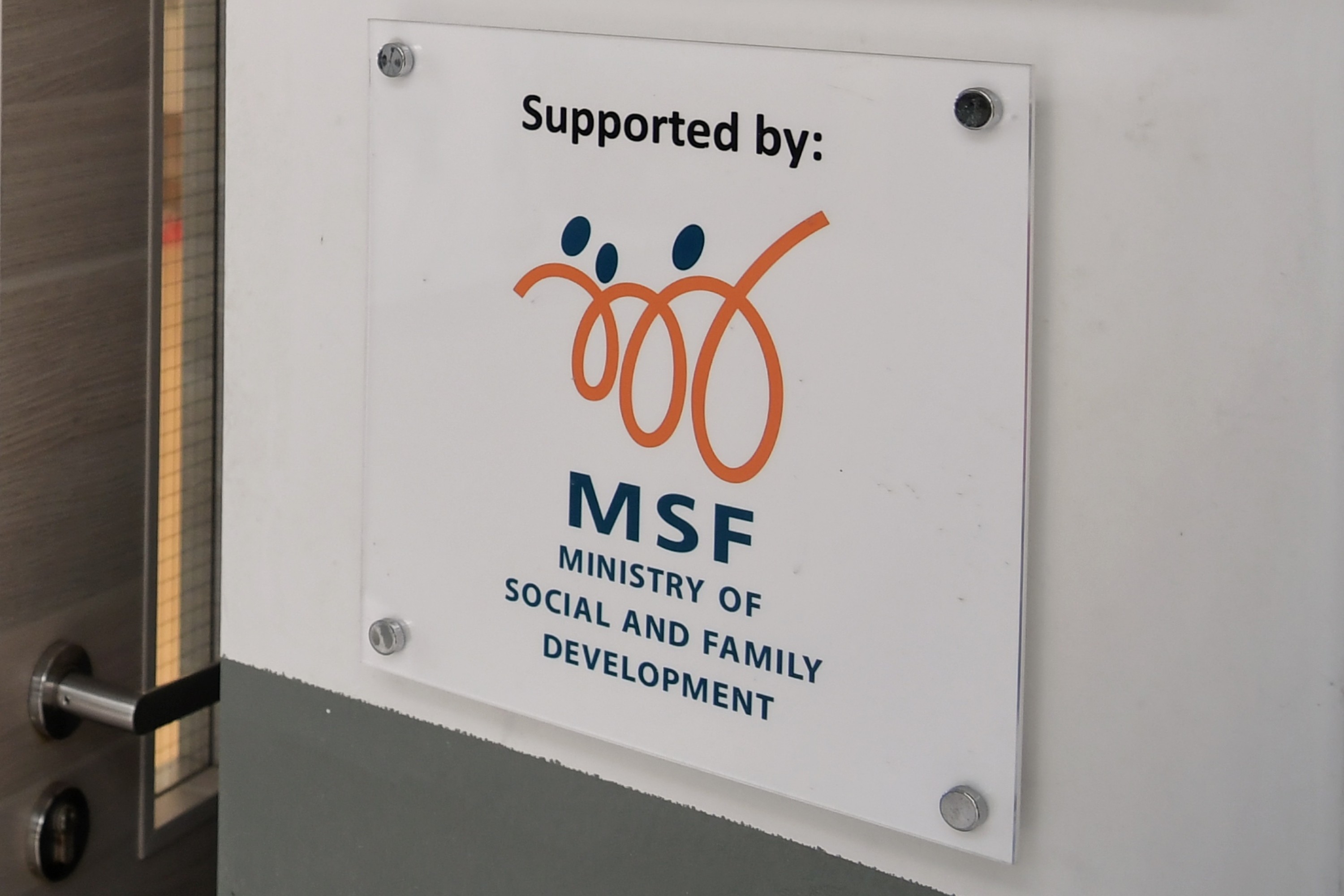Pilot for vulnerable families succeeded in helping them access support: Masagos
Sign up now: Get ST's newsletters delivered to your inbox

A total of 192 appeals were made by social workers under the MSF pilot programme, with 92 per cent successful in enabling the families to access help.
PHOTO: ST FILE
Follow topic:
SINGAPORE - A pilot programme to improve support for vulnerable families that ran from 2014 to 2017 benefited 240 families and led to the roll-out of training for social workers at family service centres (FSCs) here.
In a written parliamentary reply on Friday (March 4), Minister for Social and Family Development Masagos Zulkifli said that in the pilot, 192 appeals were made by social workers for 156 families on issues such as housing and immigration.
Of these, 92 per cent were successful in enabling the families to access help, and overall, families on the pilot showed improvements in family functioning, personal belief in their capacity to cope, and children's hope and resilience, he said.
He was responding to a question from Workers' Party MP Leon Perera (Aljunied GRC), who had asked for an update on the implementation and effectiveness of the Vulnerable Families Pilot Programme, which had been announced in the 2014 debate on the Ministry of Social and Family Development's (MSF) budget.
Mr Perera also asked about the estimated long-term savings in resources by tackling these hardcore cases and whether these savings are realised.
Mr Masagos said that of the families on the pilot, two-thirds continued to require case management by FSCs after the pilot concluded, reflecting the complexity of their issues and the time needed for them to stabilise.
He added: "The main focus of the pilot was to see how we could improve social service interventions for complex cases, and we have not set out to quantify savings from the pilot. Rather, we have applied some of the learning points to better support and equip family service centres in the case management of families."
Through the pilot - also known as the Strengthening Families Together Pilot - the ministry found several critical factors in effectively uplifting these families, he said.
These were social workers' professional competency and knowledge of government policies, having social workers and government agencies work together and collaborate effectively, and having the ministry facilitate such collaborations and conversations, when necessary.
Based on the findings and recommendations of the pilot, MSF rolled out training for new and existing FSC social workers on working with government agencies effectively.
This has now been incorporated as core training for all FSCs, said Mr Masagos.
In 2017, MSF set up a systems capability team to strengthen partnerships between FSCs and government agencies so that they can work better together to support families facing complex needs and barriers, he added.
In 2019, the team's work was subsumed under the Social Service Systems Office, which was set up to identify and resolve system issues across agencies that might impede the successful resolution of complex cases as well as cases not covered within conventional policy boundaries.
Mr Masagos added that collaborations between social workers and government agencies have also become a lynchpin of the ComLink initiative that MSF is in the process of scaling up to all towns.
ComLink offers support to families with children living in rental flats.

